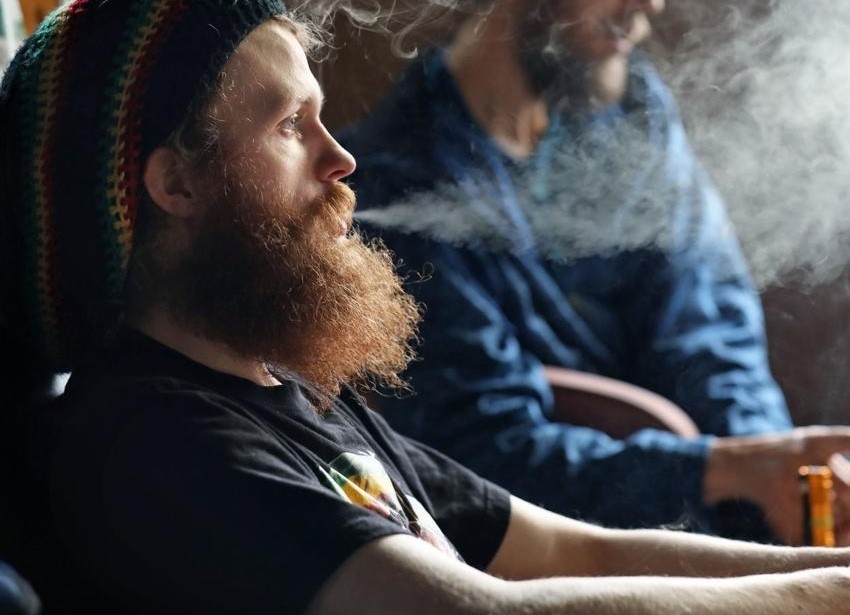In 2025, cannabis attitudes in Australia reveal clear generational divides, though the gap between younger and older Australians is narrowing. While younger demographics overwhelmingly support full legalisation, older age groups are showing unprecedented levels of acceptance, particularly regarding medicinal cannabis. These shifts are influenced by cultural exposure, personal experience, and changing societal norms, creating a dynamic policy environment that reflects the diverse priorities of each generation.
Youth Support and Cultural Normalisation

Australians aged 18–34 are the most enthusiastic advocates for cannabis reform, with over 80% supporting full legalisation for recreational use. Many in this age group have grown up during an era of global reform, with exposure to successful legalisation models in Canada, parts of the US, and Europe influencing their perspectives. Cannabis is seen not as a counterculture statement but as a mainstream lifestyle choice, often framed within wellness, creativity, and harm-reduction narratives. The normalisation of cannabis in media, music, and online culture reinforces this openness, making the idea of prohibition seem outdated.
Middle-Aged Australians and Economic Pragmatism
Australians aged 35–54 show more moderate, but still growing, support for cannabis legalisation, with approval rates around 65%. Many in this demographic balance personal health concerns with practical economic perspectives, recognising the potential for cannabis tax revenue, job creation, and agricultural diversification. While some remain cautious about recreational markets, there is strong endorsement for expanded medical access, especially for conditions like chronic pain, anxiety, and sleep disorders. Economic arguments resonate deeply with this group, particularly those in small business or regional communities who see cannabis cultivation as a growth opportunity.
Older Australians and Medical Cannabis Acceptance
Support among Australians aged 55 and over has risen significantly, with more than half now in favour of some form of legalisation. While recreational acceptance is slower, medicinal cannabis has gained strong traction, often through personal or family experiences with treatment for arthritis, cancer pain, or neurodegenerative diseases. This generation values regulated access and medical oversight, and many have shifted from skepticism to cautious acceptance after witnessing tangible health benefits. Concerns about youth access and public safety still influence their views, meaning advocacy efforts often focus on demonstrating responsible regulation and effective safeguards.
Influence of Personal Experience and Health Needs
Across all generations, direct personal or second-hand experience with cannabis use—particularly in a medical context—significantly shapes attitudes. Younger people often cite social and recreational experiences that challenge negative stereotypes, while older Australians tend to highlight health-related benefits that counteract decades of prohibition narratives. Generational differences in health priorities also play a role; younger people may value stress relief and creativity, whereas older demographics focus on pain management and improved quality of life. These lived experiences bridge the gap between policy theory and real-world outcomes, fostering more nuanced perspectives.
The Role of Global and Local Policy Models
International examples, such as Canada’s nationwide legalisation and the ACT’s local allowances for personal use, have influenced attitudes across generations, but in different ways. Younger Australians see these models as proof that regulated markets can function without major social disruption, while older Australians often point to these examples when discussing medical oversight, taxation, and law enforcement. Global exposure via news and social media has made policy discussions more informed and less speculative, helping shift generational opinions from abstract debate to evidence-based evaluation.
Convergence of Views and Future Outlook

While generational differences remain, the overall trajectory points toward increasing alignment in support for reform. As younger Australians maintain their strong advocacy and older Australians become more open to regulated cannabis use, political momentum is building for broader change. This convergence suggests that within the next decade, cannabis legalisation could transition from a divisive policy topic to a mainstream bipartisan issue. For policymakers, recognising these generational nuances is key to crafting legislation that addresses the priorities of all age groups, from safe medical access to responsible recreational regulation.





Leave a Reply